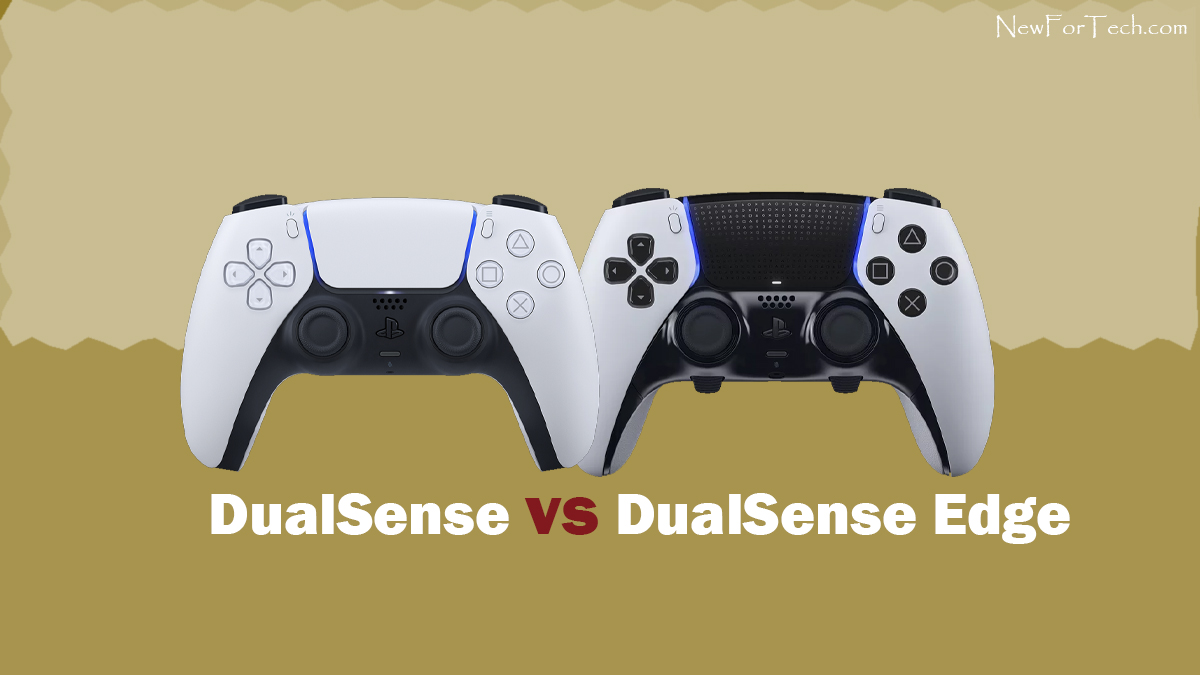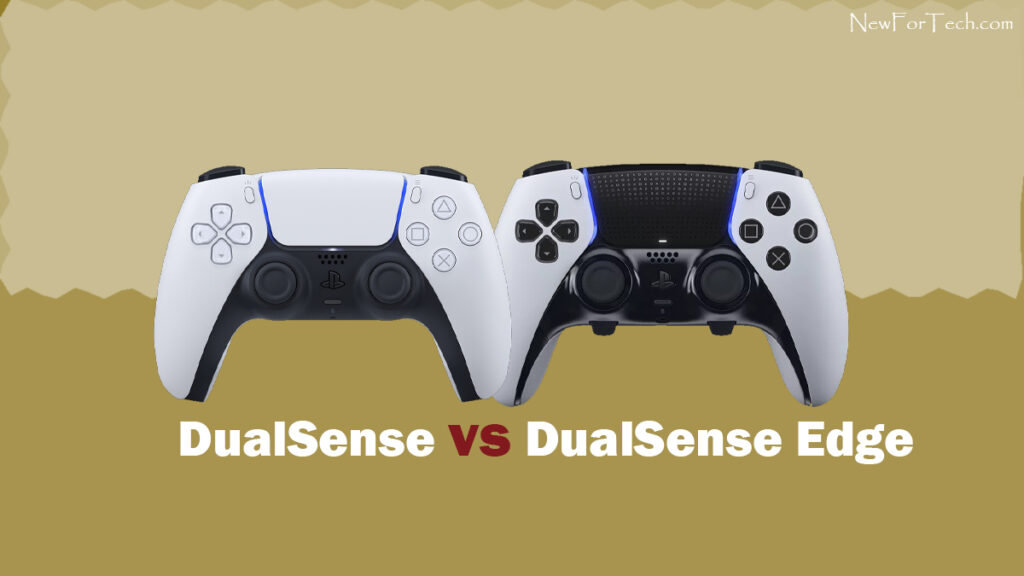Sony has officially entered the realm of ‘Pro’ controllers with the release of the DualSense Edge, joining notable contenders such as Microsoft’s Xbox Elite Controller Series 2 and third-party options like Nacon’s Revolution 5 Pro.
As a premium controller, the DualSense Edge boasts several enhancements over the standard DualSense pad. Notable upgrades include fully customizable button profiles, rear paddle buttons, and trigger lock settings, all contributing to an elevated gaming experience. The enhanced build quality serves as the proverbial cherry on top.
However, let’s not dismiss the standard DualSense. The pack-in pad for the PS5 proved its worth, delivering a premium feel with standout features like haptic feedback and adaptive triggers, setting it apart since its debut alongside Sony’s current-gen console in 2020.
For PS5 owners contemplating an upgrade, the decision between the DualSense Edge and the reliable DualSense involves weighing the enhanced feature set against the already impressive capabilities of the latter. Dive into the details to make an informed choice between Sony’s two official PlayStation 5 gamepads.
DUALSENSE VS DUALSENSE EDGE: PRICING AND AVAILABILITY
When obtaining a PS5, a DualSense comes included. Individually, it’s priced at $69.99 / £59.99 / AU$109.95, available from Sony or major online retailers.
In contrast, the recently launched DualSense Edge in 2023 comes with a hefty price tag of $199.99 / £209.99 / AU$339.95. Whether from Sony directly or other outlets, this premium option demands careful consideration due to its substantial cost.
To make an informed decision on investing in the DualSense Edge, explore our comprehensive guide below.
DUALSENSE VS DUALSENSE EDGE: DESIGN
While the DualSense and DualSense Edge share almost identical silhouettes, distinctive design elements set them apart. Notably, the Edge opts for a unique black color scheme, diverging from the DualSense’s prevalent white hue.
In the Edge, the D-pad, face buttons, and touchpad showcase a sleek black finish, creating a visually distinct look. The textured surface on the triggers and touchpad enhances their prominence. Notably, the Edge boasts improved build quality, adding depth to its overall aesthetic compared to the somewhat flatter standard DualSense.
Despite similar button, stick, and trigger placements, the Edge’s enhancements are not as revolutionary as the Xbox Elite Controller Series 2 compared to the basic Xbox Wireless Controller. Explore the nuanced design differences in our detailed comparison.
DUALSENSE VS DUALSENSE EDGE: FEATURES
In the realm of features, the DualSense Edge gains a notable advantage but doesn’t entirely distance itself from the standard pad in terms of quality. Both share identical haptic feedback and adaptive trigger strength, with little improvement in this regard for the Edge.
The DualSense Edge excels in customization, introducing trigger lock switches, swappable thumbstick modules, rear paddle buttons, and various controller settings absent in the PS5’s default controller. Noteworthy additions include vibration strength adjustment, analog stick sensitivity, and trigger dead zone settings.
Facilitating this customization are two new Function buttons beneath the analog sticks, offering quick access to custom profiles and menu adjustments. The Edge includes a robust package, featuring a carry case, two sets of rear buttons, swappable thumbstick caps, and a lock for the provided USB-C cable.
While the Edge triumphs in features, offering extras absent in the original DualSense, this contributes significantly to its higher price. However, the standard pad remains a solid choice with its strong haptic feedback and adaptive trigger support. Explore the detailed features of each controller below.
DUALSENSE VS DUALSENSE EDGE: PERFORMANCE AND BATTERY LIFE
In the realm of performance, both controllers exhibit striking similarities. Despite the Edge’s slight build quality advantage, the DualSense’s standout features remain virtually indistinguishable—haptics, adaptive triggers, and the lightbar.
Regrettably, the battery life scenario is unfavorable for the Edge. DualSense already faced criticism for its short lifespan, lasting barely six hours. The Edge, in our tests, managed just over seven hours. Charge times, at around two to three hours, are consistent for both controllers using the DualSense Charging Station. Explore the nuanced details below.
DUALSENSE VS DUALSENSE EDGE: VERDICT
Both the DualSense and DualSense Edge stand out as excellent controllers. Two years post-launch, the standard DualSense remains among the best, offering impressive features at a reasonable price.
Technically, the DualSense Edge excels in build quality, touchpad and trigger upgrades, and an extensive customization suite for a refined gaming experience. However, similarities with its predecessor make its high price slightly questionable.
While the Edge is undoubtedly impressive, if the lofty price gives you pause, sticking to the standard DualSense is a wise choice. It continues to be a phenomenal controller. Explore the detailed verdict below.




